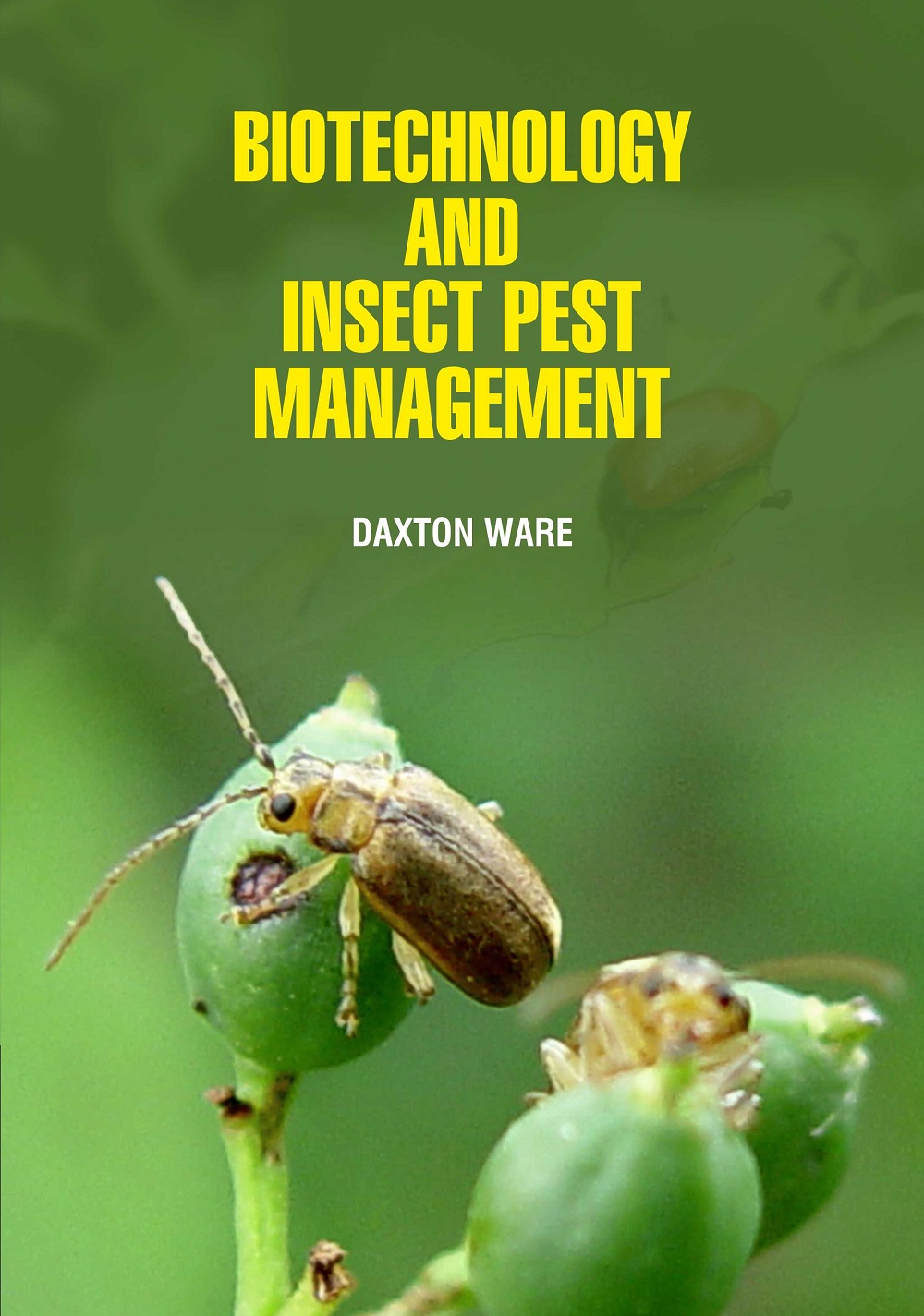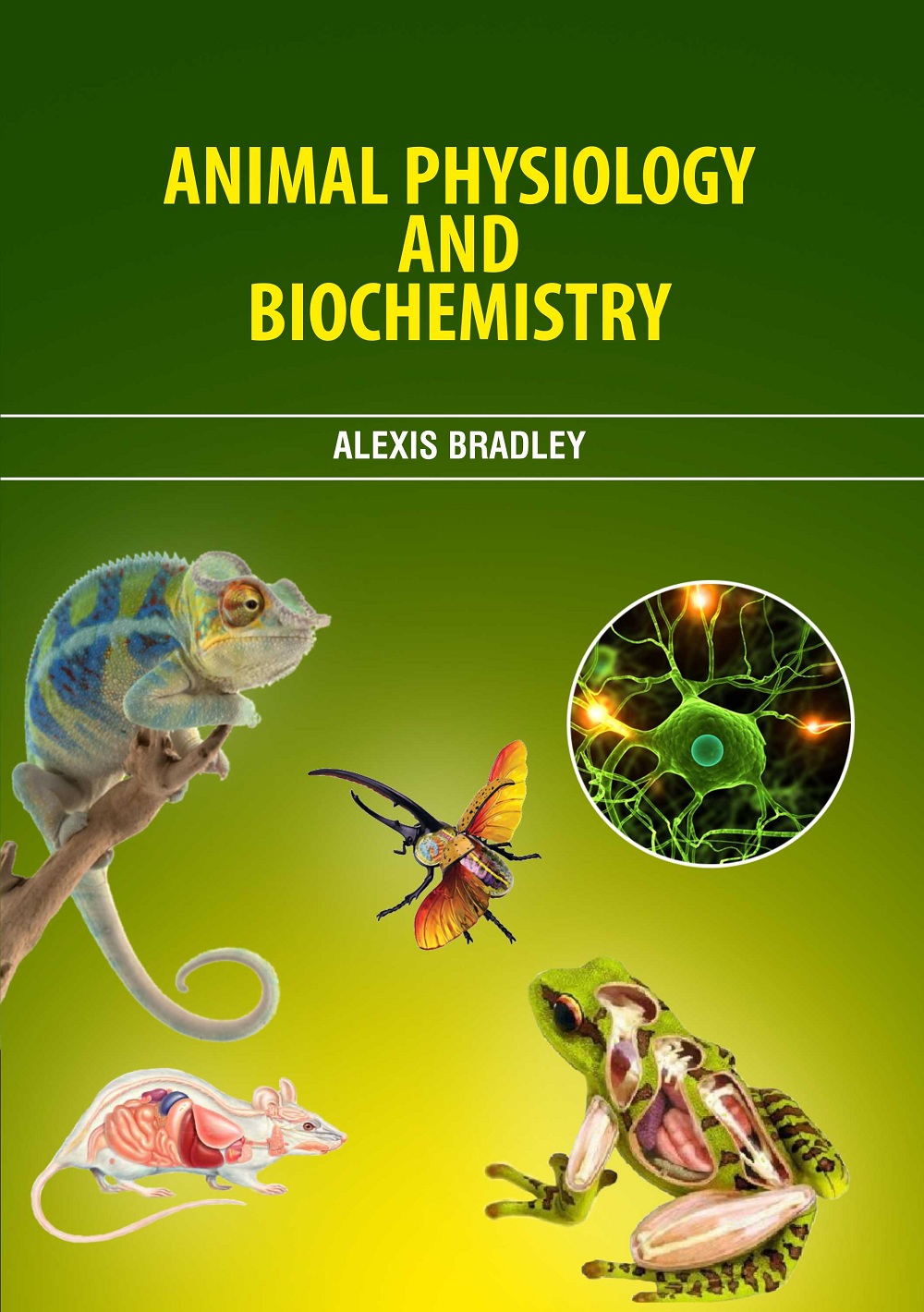Biotechnology and Insect Pest Management Daxton Ware
- ISBN: 9781788821506
- Edition: 1st
- ©Year: 2020
- List Price : 165
About the Book
Biotechnology has contribute much to the field of insect pest management so far, from side to side development of transgenic plants and other novel ecofriendly products to manage insects. Recognition of the importance and relevance of biotechnological applications in insect control is gaining momentum.There is also improved interest among scientists in developing novel strategies for insect pest management. Realizing the possible benefits and constraints in the use of biotechnology in insect pest management, a national symposium on 'Biotechnology and Insect Pest Management'was organized freshly. Deliberations during the symposium covered various aspects such as insect resistant transgenic crops, microbial pesticides - process and development, botanical pesticides - process and development, hybridization techniques in the production of potential natural enemies, insect and animal vectors of diseases and biosafety concerns, etc. Genetic engineering has been used to enhance the insecticidal efficacy of various strains of Bt by increasing virulence, extending host range, and increasing field stability, and by introducing alternative toxins to facilitate resistance management.Techniques have been developed for production by genetic means of new strains of Bt with new com binations of toxin genes. Crop varieties resistant to insects are far less common than disease-resistant varieties, because plant breeders have traditionally focused more on disease resistance. However, if they are available, resistant varieties can bean effective defense against insect pests. But even when insect-resistant cultivars are not available, some varieties may be less attractive to pest species or may tolerate more damage than others. Plant size, shape, coloration, leaf hair, cuticle thickness, and natural chemicals (attractants and repellents) can all affect pest susceptibility. Farmers can do their own breeding by collecting non-hybrid seed from healthy plants in the field. Plants well adapted to local conditions will be more likely to resist pests. This book throws new light on alternative technologies to control insect pests. Scientists from different institutions from all over world have provided various biotechnology based techniques and other means to manage insect pests.
Contents: 1. Biotechnological Approaches for Insect Pest Management, 2. Genetic Control of Insect Pests through Insect Technique, 3. Biotechnological and Molecular Approaches in the Management of Non-Insect Pests of Crop Plants, 4. Role of Genetically Modified Insect-Resistant Crops in IPM: Agricultural, Ecological and Evolutionary Implications, 5. Breeding for Disease and Insect-Pest Resistance, 6. Host-Plant Resistance in Pest Management, 7. Potential and Utilization of Plant Products in Pest Control.
Daxton Ware has worked extensively in pest management Scotland. His main approach involves breaking the monoculture nature of agro ecosystems through encouragement of functional biodiversity. Daxton Ware is author of more than 200 scientific papers and has also written 12 books including Agroecology: The Science of Sustainable Agriculture and Biodiversity, and Pest Management in Agro ecosystems. His current research explores the utility of ecological knowledge for more effective and sustainable plant protection. He serves on the editorial boards of four journals and has published more than 50 refereed papers and book chapters as well as co-editing the book Biological Control.



